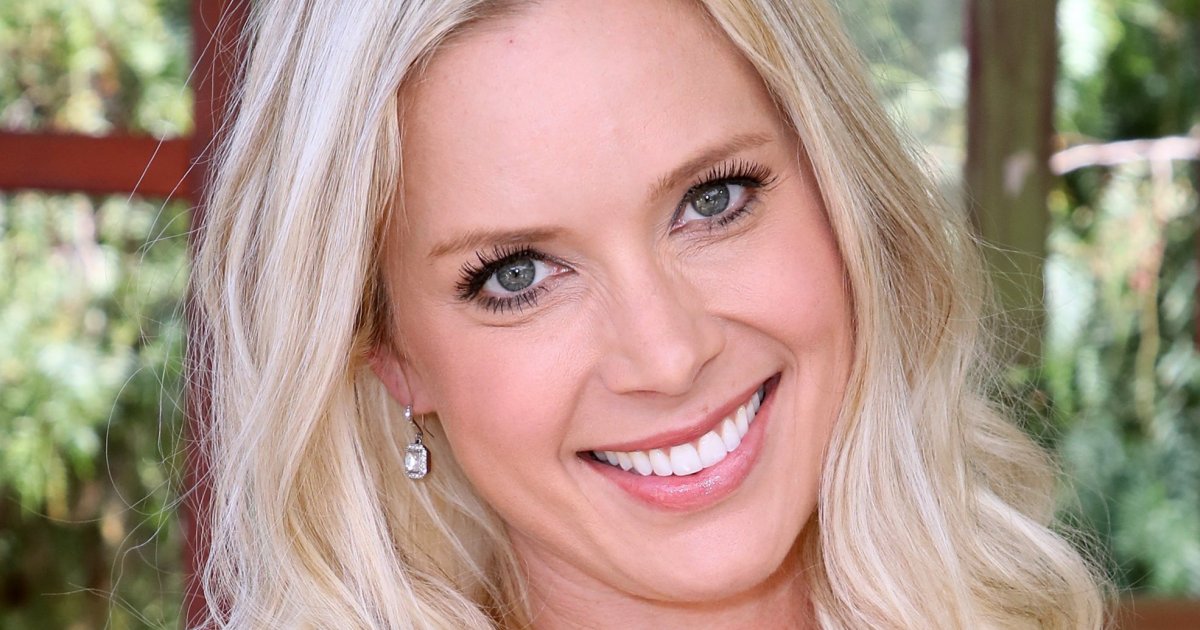Anderson Flouts Coronavirus Guidelines
- Dancer Criscilla Anderson, 40, recently said she will continue to live her life despite the coronavirus, saying that she has already had the virus and doesn’t want to lose a single day as she battles colon cancer.
- You can get COVID-19 twice, and people fighting cancer are at much higher risk for severe complications for the virus.
- You can continue to do what you love as long as you can follow CDC guidelines and keep yourself safe from the virus.
She went on to say that she would only wear a mask when required before sharing photos of herself, husband and country musician Coffey, and their three children at an outdoor Christmas event without masks.
“Pls don’t ask me or question why I’m living my life normal.”
Cancer & COVID-19
While Criscilla’s determination to live life to the fullest is admirable, people fighting cancer should take every possible precaution to avoid catching COVID-19.
There is no evidence to suggest that you cannot get the virus twice. The Centers for Disease Control and Prevention (CDC) says that, while rare, it’s possible to become ill with COVID-19 even after you’ve previously recovered from the virus. It’s important to not let your guard down even if you’ve already beaten the virus once.
Cancer Patients & COVID-19 When to Stay Home and When to Go in to Your Doctor
If you are getting chemotherapy, radiation, or immunotherapy to treat your cancer, your immune system is weakened and could leave you with a higher chance of serious complications from the virus. For those who received these therapies in the three months before getting sick, the mortality rate can spike up to 50%, according to a University of Cincinnati study.
"It is not surprising that a patient on chemotherapy may do worse when they get sick," Dr. Heather Yeo, a colon and rectal surgeon at Weill Cornell Medical Center, told SurvivorNet in a previous interview. "Chemotherapy in general lowers the body's immune system and puts people at risk for other infections."
If you’re fighting cancer, it’s critical that you be especially cautious about possible exposure to the virus. Follow all CDC guidelines, wear a mask when in public, obey social distancing guidelines, and minimize your exposure to people outside your household. While not necessarily enjoyable, these steps will help you avoid catching the virus and stay healthy throughout your cancer battle.
Doing What You Love - Responsibly
The world COVID-19 has created is isolating, boring, and lonely. For people facing cancer and an uncertain future, it’s hard to not mourn the world we all knew and adjust to this unpleasant new reality. As they fight for their lives, they now have to do it away from beloved friends and family.
“That is almost a volcano that is just so much for any cancer patient to bear,” Dr. Elizabeth Comen, an oncologist at Memorial Sloan Cancer Center, previously told SurvivorNet.
Stress and Anxiety for Cancer Patients During COVID-19
There are outlets to help you rediscover your passions and relive stress during this incredibly challenging time. For Criscilla, her passion and career align in her ultimate therapy: dance.
Even during treatment, Criscilla was never far from the dance floor. A week after sharing a video of a nurse drawing blood from her port, she shared another, more hopeful scene of herself hip-hop dancing.
View this post on Instagram
Continuing to do what you love isn’t just good for your soul – it can actually help you conquer cancer.
"We know from good studies that emotional health is associated with survival, meaning better quality of life is associated with better outcomes," Dr. Dana Chase, a gynecologic oncologist at Arizona Oncology, tells SurvivorNet. "So working on your emotional health, your physical well-being, your social environment [and] your emotional well-being are important and can impact your survival. If that's related to what activities you do that bring you joy, then you should try to do more of those activities."
COVID-19 has thrown a wrench in most people’s lives, but it doesn’t have to stop you from doing what you love. As long as you minimize your risk by wearing a mask, social distancing, and following other recommended health guidelines, you can (and should) continue doing what you love.
Learn more about SurvivorNet's rigorous medical review process.


